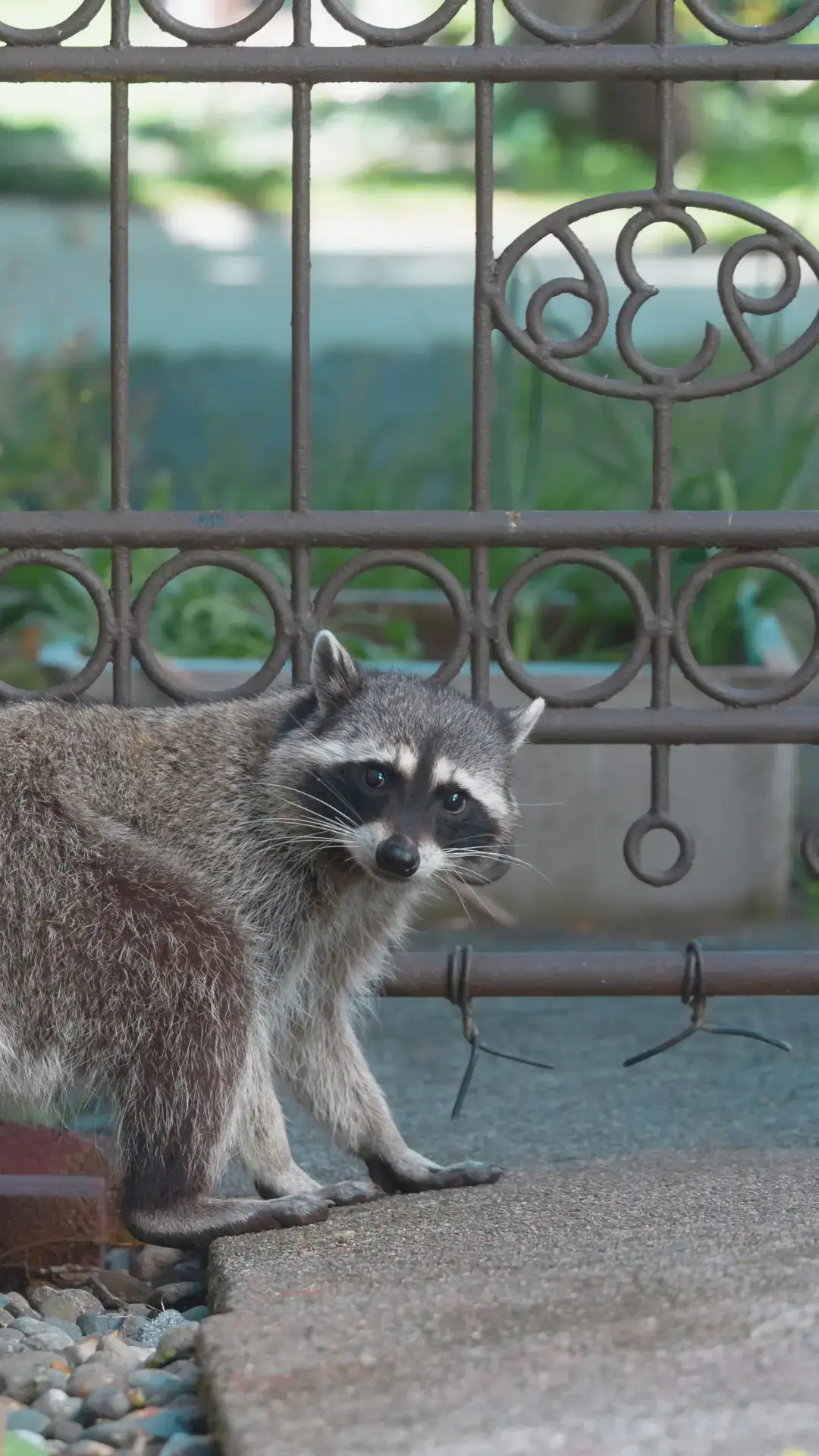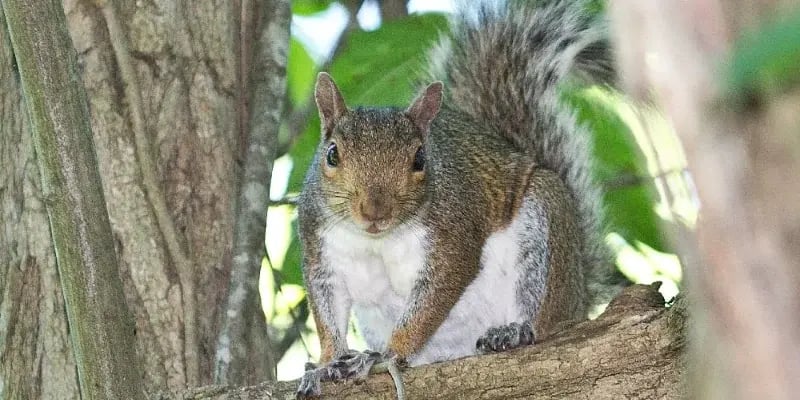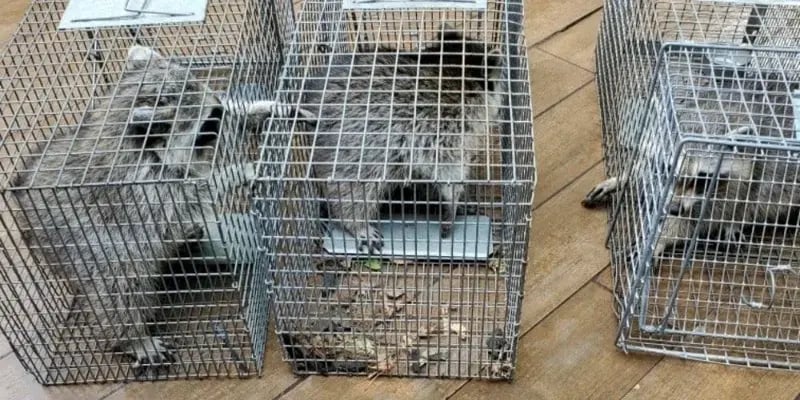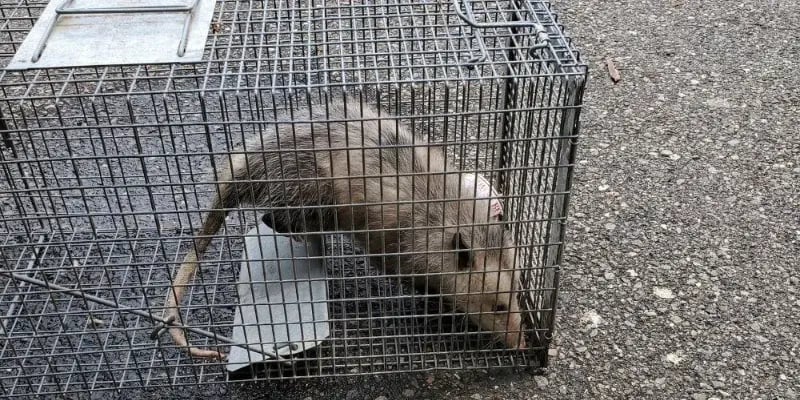Your Local Wildlife Control Experts
Serving Long Island | Nassau County | Suffolk County | Queens
While it's wonderful to admire wildlife from a distance, the situation shifts dramatically when these creatures choose your attic or backyard as their new home. The presence of wild animals on your property can lead to significant health hazards and damage. Facing a wildlife infestation requires the expertise of a seasoned wildlife control company to ensure your safety and protect your property.
Wildlife such as squirrels, raccoons, and opossums might seem harmless, but sometimes they can wreak havoc on your yard and even make their way inside your home. If this happens, they can cause expensive damage to your home while endangering your health and well-being.





.jpg)